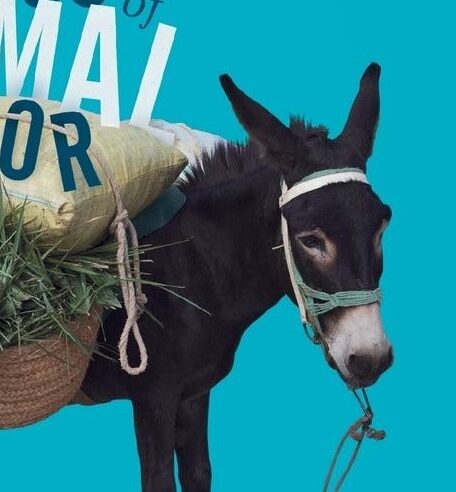Jocelyne Porcher, The Ethics of Animal Labor: A Collaborative Utopia
(Palgrave Macmillan, 2017)
Like her collaborator Vinciane Despret, Jocelyne Porcher attends to farm animals as subjects of their own lives, whose communications with humans may be understood as stories about cohabitation and co-working. Might these stories told by sheep or pigs or donkeys be regarded as fables about human-animal relations? Certainly these stories reveal animals’ speaking. It is up to humans to listen, receive, and return the gift of their collaboration. The Ethics of Animal Labour: A Collaborative Utopia begins with a story in which sheep, a sheepdog, and a shepherd work together as can only happen within the context of animal husbandry – never within the instrumentalisation and exploitation of the livestock industry. This is a nuanced book that argues powerfully for the ethics of responsibly, joyfully working with animals. In that sense it presents fables, as in what animals tell or teach us, and an overarching political fable, as in a guide to animal husbandry, as means to ethical multispecies living- and working-with. See also Porcher’s Un vie de cochon [A Pig’s Life] (2008).
— Donna Landry
